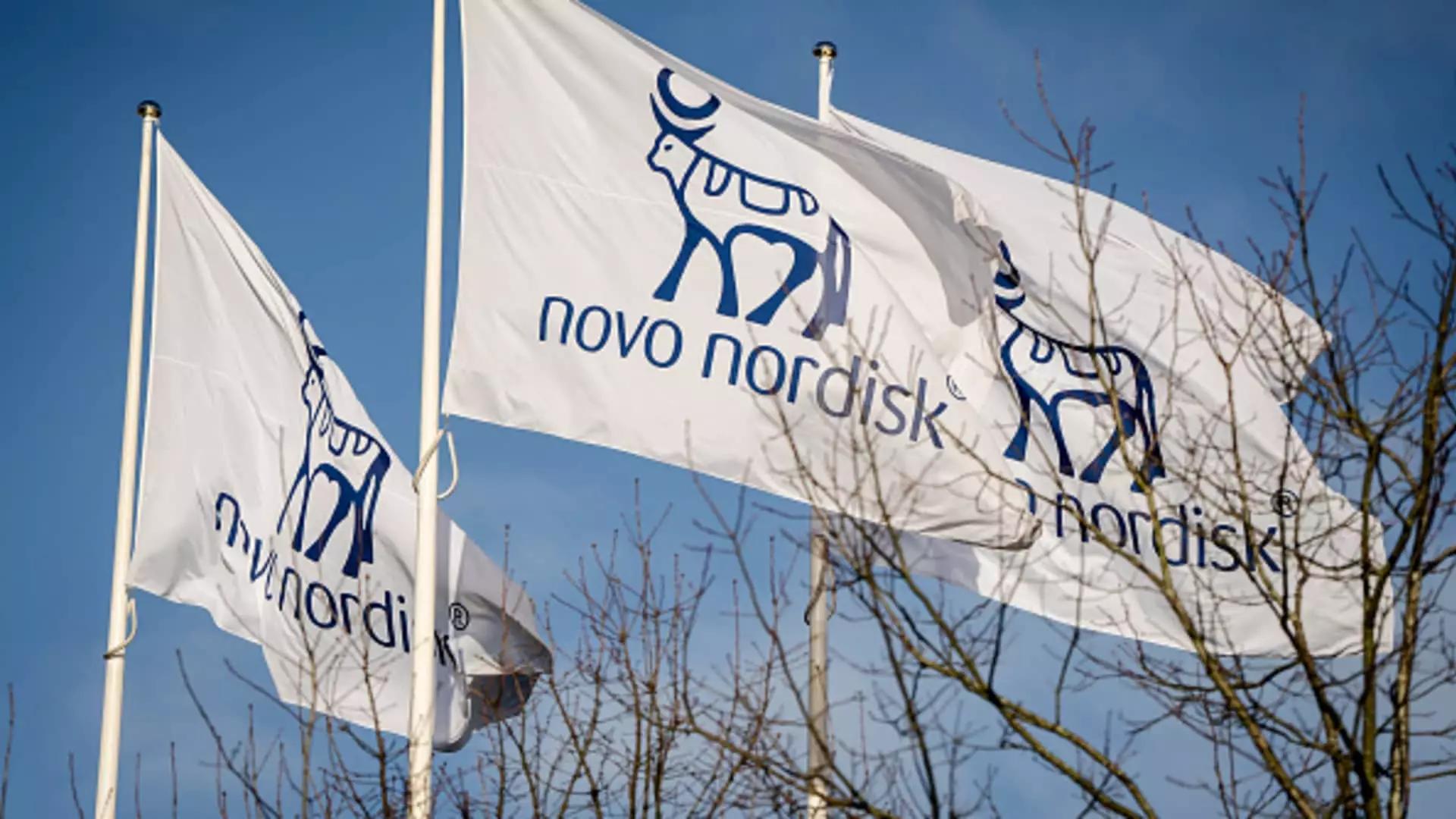In a significant development for the diabetes and cardiovascular disease community, Novo Nordisk’s diabetes medication Rybelsus has demonstrated promising cardiovascular benefits in a late-stage clinical trial presented at the American College of Cardiology’s Annual Scientific Session in Chicago. This remarkable finding highlights the urgent need for innovative treatment options, especially for patients grappling with both diabetes and heart disease. The results from the trial, which involved over 9,600 participants, indicated a 14% reduction in the risk of cardiovascular-related death, heart attacks, and strokes among those taking Rybelsus compared to those on a placebo over an average period of four years. This revelation has the potential to transform the management of diabetes and its associated complications, a critical challenge in contemporary healthcare.
Edit to Oral—A Shift Towards Patient-Centered Care
The advent of Rybelsus, as an oral alternative to the injectable semaglutide (marketed under the name Ozempic), signals a paradigm shift in the management of diabetes. Many patients often fear injections, whether due to pain, anxiety, or simply a preference for oral medication. By making Rybelsus available, Novo Nordisk is essentially saying, “We see you, and we want to provide you with options.” Stephen Gough, the company’s global chief medical officer, clearly articulated this intent, emphasizing the importance of personalized treatment strategies tailored to individual patient preferences.
This user-centric approach is not just a marketing gimmick; it reflects a broader understanding of public health. Being able to provide patients with a less daunting treatment option could lead to higher adherence rates, ultimately improving health outcomes in a population that is desperately seeking manageable solutions for their chronic conditions. Moreover, Rybelsus being taken once daily means that patients have one less thing to worry about amidst their busy lifestyles.
Clinical Results: A New Beacon of Hope
The results from the phase three trial are not merely a statistic; they represent a significant beacon of hope for countless individuals affected by both diabetes and heart disease. The fact that Rybelsus lowers non-fatal heart attacks by 26% and non-fatal strokes by 12% is especially telling. It underscores how the benefits of this medication extend beyond mere blood sugar regulation. Such life-saving implications cannot be overstated; they resonate deeply with patients yearning for a break in the cycle of chronic disease begging for manageable interventions that don’t compromise their day-to-day life.
However, while the data is encouraging, we must approach these findings with a critical eye. Does a 14% reduction in cardiovascular risk justify the potential gastrointestinal side effects that were reported—such as nausea and constipation? Although these symptoms did not deter the majority from completing the treatment, they still present a real concern that needs further exploration.
Ongoing Developments in Diabetes Treatment
Rybelsus’s promising data foreshadows a competitive landscape in diabetes therapeutics, as other companies like Eli Lilly are also researching oral GLP-1 inhibitors. The urgency within this domain reflects an increasing awareness of the extensive burden chronic diseases impose on individuals and healthcare systems alike. The challenge lies not just in the creation of new medications but also in ensuring that they are accessible, affordable, and aligned with patients’ lifestyle needs.
The results should also motivate healthcare professionals to engage more actively with their patients on treatment options. As Gough mentions, the choice between different modalities should be a joint decision. This patient-centered model of care fosters a collaborative environment where patients feel empowered to take control of their health, a vital aspect often overlooked in traditional medical settings.
Looking Ahead: Challenges and Considerations
While Rybelsus presents new opportunities, one cannot overlook the regulatory processes looming ahead. Novo Nordisk has already initiated applications for expanding the approval of Rybelsus in the U.S. and EU, but the waiting game can be lengthy and arduous. The growing pressure to provide more effective and user-friendly medications raises questions about the pace of innovation in the pharmaceutical industry. Will the industry be able to keep up with patients’ urgent needs, or are we facing another cycle of prolonged access issues for those desperately in need of effective treatment?
As we reflect on the implications of Rybelsus’s achievements, we must remain vigilant. Each step toward new treatment possibilities offers both hope and a call to acknowledge the systemic challenges that lie ahead. The healthcare sector must prioritize integrative solutions that marry effective medication with accessible healthcare practices, ensuring that significant advancements like those seen with Rybelsus are not just reserved for the privileged few. The time for inclusive and efficient healthcare solutions is now.

